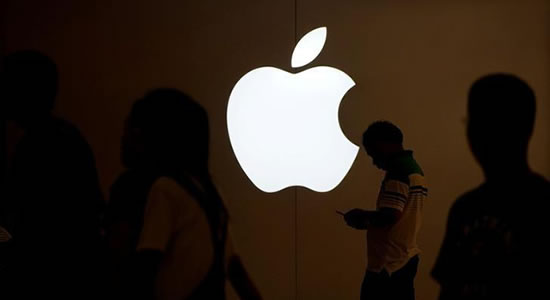Apple Inc’s iPhone shipments in China fell more than 35% as Chinese consumers are cooling on the iPhone, according to brokerage Credit Suisse.
Apple fall in November will be marking their second straight double-digit decline as sales of the cheaper iPhone 11 remained sluggish, Shares of the company fell more than 1% to 267.67 in early trading.
Since the launch of the iPhone 11 family, total shipments in China are down 7.4% compared to last year, the analysts said, adding that “we estimate China iPhone revenue fell by >17.5% y/y over the past three months (Sept-Nov).”
The latest iPhone 11 range hit stores in China in September, with short queues of die-hard fans contrasting with the hundreds who camped out ahead of some previous launches; Leading Apple analyst Ming-Chi Kuo said in September that “The demand for iPhone 11 in the Chinese market is stronger than that in the U.S. market,”
Cabral also wrote that Apple would have a tough time pushing through tariff-related price increases to U.S. consumer if the 15% tariffs on billions in Chinese-made consumer goods come into effect on Dec. 15.
Apple has asked the Trump administration to waive levies on China-made Apple Watches, iPhone components and other consumer products. President Donald Trump said last month he was considering the request.
Apple’s market share in China slipped to 5% from 7% in the third quarter, while Huawei Technologies Co Ltd captured a record 42% of China’s smartphone market in the same period, according to a report by market research firm Canalys released in October.
In its latest fourth quarter, Apple reported a 2.4% drop in greater China sales which may the as a result of of the fact that Apple does not make an iPhone that can connect to 5G networks, the next-generation mobile networks that promise super-fast data speeds with the ability to support technologies like self-driving cars.
reuters




















